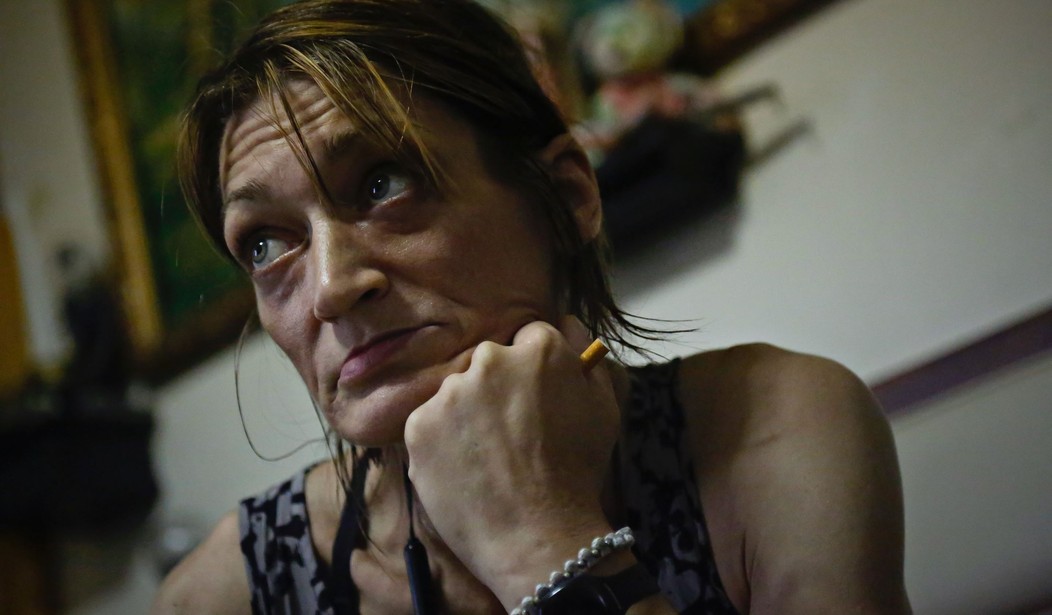The other day I wrote about the manifest failure of the war on drugs. What inspired my post was Portugal’s reconsideration of its policy of legalizing drugs due to the destructive effects.
The impulse to legalize drugs, engage in “harm reduction,” and move away from enforcement to treatment is based upon hard-won experience with what fighting drugs with law enforcement has meant. We have militarized the police, turned recreational users into criminals, and filled our prisons with tons of drug offenders. We also have passed some horrendous policies such as civil asset forfeiture that treat law-abiding citizens as criminals, empowering the police to steal their assets.
We also have become unwilling accomplices with the drug cartels, some of the worst people on Earth.
All bad stuff, all of which should be addressed through reforms. The critics of the drug war are in the main right about the destructive effects it has had, and clearly, we need to reconsider how we fight the war on drugs.
So why am I still opposed to drug legalization?
What happened to Philadelphia? pic.twitter.com/nG6HMvFhjt
— Ian Miles Cheong (@stillgray) July 17, 2023
Drugs turn people into zombies. As awful as the consequences are for people who unwittingly take fentanyl and overdose, the consequences of people taking “safer” levels of that drug or many others are hardly more acceptable. And as much as we believe that people should realize that “legal” doesn’t mean “right” or “moral,” as a practical matter the more commonly accepted a thing is, the more likely people are to do it.
The drug crisis we are experiencing is staggering in scope, and will only grow larger if we legalize drugs. That is just a fact. Under the current regime of drugs being illegal is not effective enough to stop some people from using them, a regime where drugs are legal will create a much larger group of people who will become addicts and burdens on their families and society. And in many ways worse, it will rob millions of their ability to live dignified and worthy lives.
We know that because we have performed that experiment here in the US, just as Portugal did.
Even relatively benign drugs, such a marijuana, are having a devastating effect on the people who use them too much and the society which has to deal with the consequences. Marijuana legalization has led to a dramatic increase in the number of people showing up in emergency rooms from the toxic effects of the drug, and to the problem of people showing up to work high.
Despite that fact, marijuana legalization is probably the right thing, although the industry will have to be reined in with tighter restrictions on the potency of the product. As it is there is a growing spike in schizophrenia in those who abuse the drug–a side effect that was hidden before marijuana use became so prevalent. Just as alcoholism and liver disease are highly correlated, so are schizophrenia and marijuana abuse. We probably are just going to have to live with that, as we live with the downsides of gluttony, alcoholism, and smoking-related diseases.
We can’t prevent people from harming themselves, but we can set limits on the scope of harm to society. And millions more zombies walking the streets, because too many people are using hard drugs, is unacceptable.
This gets us back to the question: is there a way to balance the benefits and harms of the policy choices we make?
Well, clearly we haven’t figured it out. The current situation is a disaster, and the alternative is a different disaster. Seemingly a worse one.
Ultimately we have to recognize that the problem is much deeper than people wanting to do drugs; it is related to a lack of meaning in people’s lives. Drugs fill a hole that doesn’t have to be there. For people who are basically well-adjusted and happy an occasional use of an illegal drug isn’t a big problem. Smoking weed, or for that matter using a narcotic once in a blue moon is a vice. An addict is a hollow person. Making laws assuming that most users will be the former and not the latter is based upon an illusion.
The only situation in which drug legalization might “work” is creating a drug “Las Vegas,” where the problem is contained (of course Las Vegas spread when gambling was essentially legalized all over the place). We would basically make a city where people get thrown away as society’s trash. This is the “Hamsterdam” solution from The Wire, where the police essentially created a zone of non-enforcement for drug laws within their city. A kind of “red light district.”
That is unappealing to me and I wouldn’t support it for moral reasons, but it would at least have the virtue of helping us clean up everywhere else.
Any other solutions? I’d love to hear a realistic one.








Join the conversation as a VIP Member